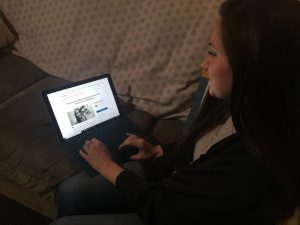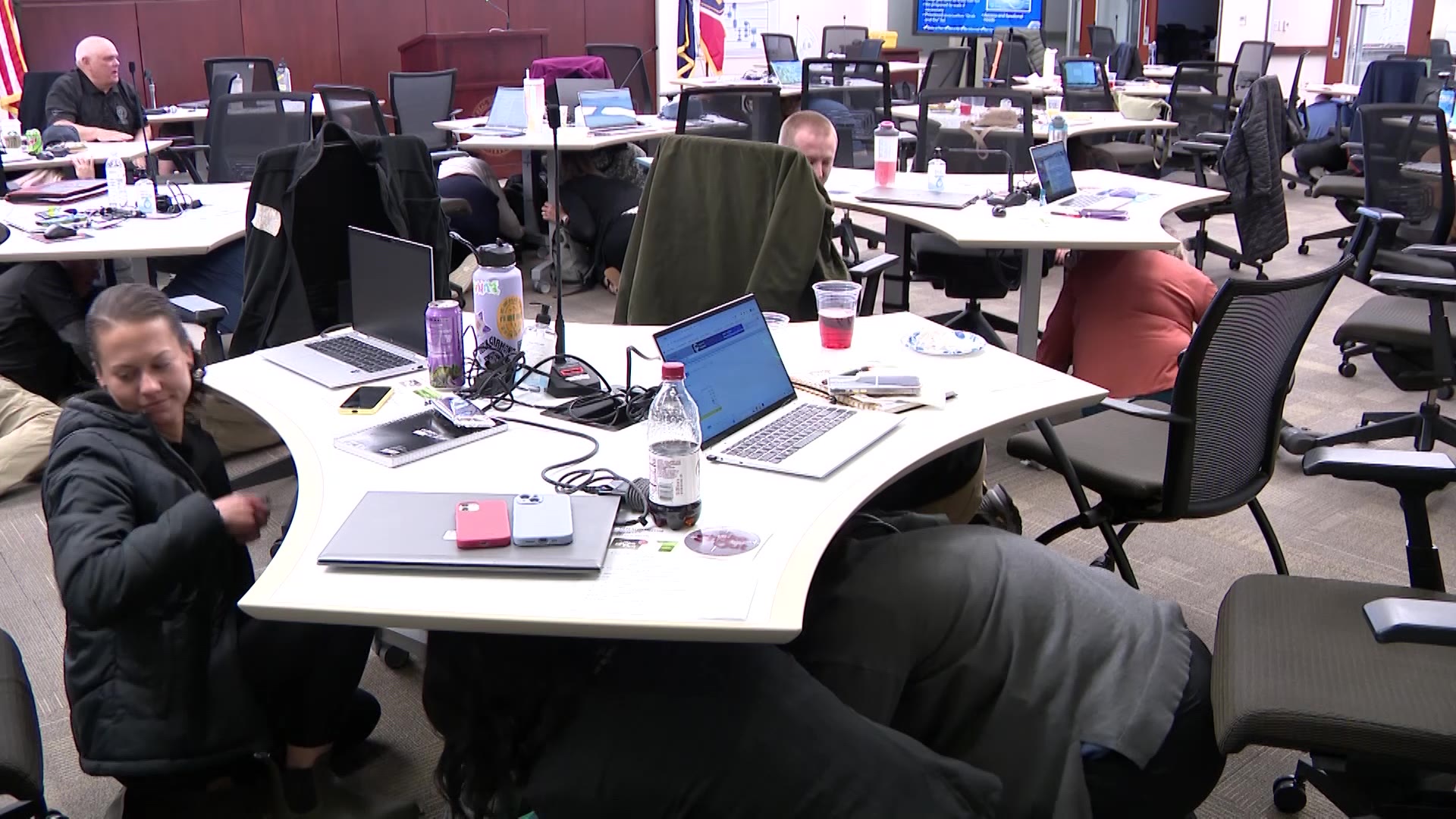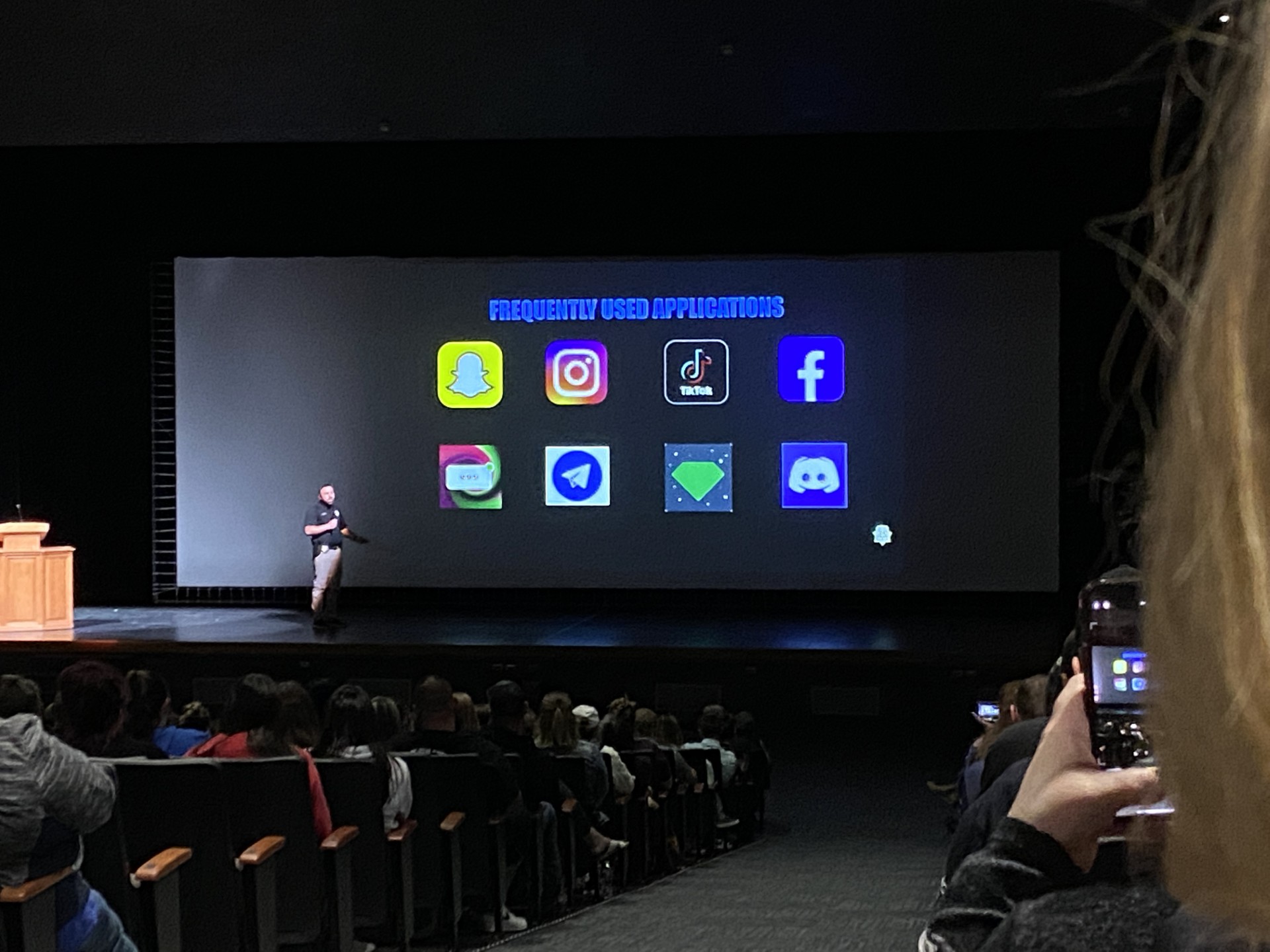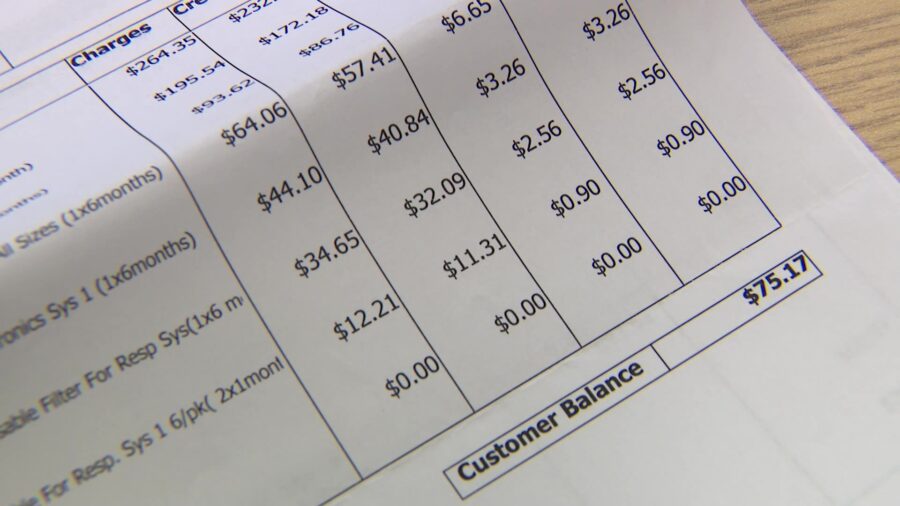Senate bill aims to save Utah couples money on marriage license, strengthen relationship
Feb 26, 2018, 11:16 PM | Updated: Feb 27, 2018, 12:50 am
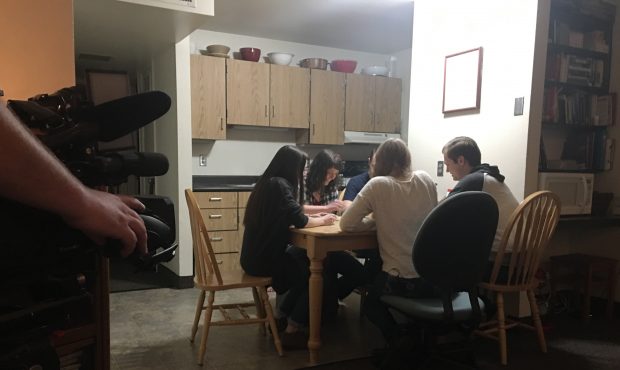
What if there was way to save money before your wedding, all while strengthening your relationship with your fiancé? That’s the goal of Utah Senate Bill 54.
On Monday, it passed in committee and is headed to the House floor for a final vote.
BYU senior Megan Griffes supports the bill and started a petition on change.org to teach young couples about the option to save $20 on a marriage license by taking a premarital course.
“This bill will incentivize couples to take premarital education or counseling, and they will get $20 off on their marriage license but more importantly they will get the education and take some of the preventative measures so they can have healthy, strong, lasting marriages,” Griffes said.
The proposed legislation would give couples $20 off the cost of a marriage license if they take six hours of premarital education or three hours of premarital counseling.
“You can do secular classes that are offered through many different community organizations, a lot of religious clergy will do this type of courses and also there is a course online,” Griffes said.
Couples would also able to get a voucher from the Utah Marriage Commission for a free online course.
“My hope with this is that we can have strong and healthy families, happy kids and a lot of stability in our community, Griffes said.
Jake Rogers and Lauren Young support the bill. The engaged couple is going through a marriage preparation course and sees the benefit of the classes.
“The class we are in opens up the conversations that we need to have that might be hard,” Lauren Young said. “It is important that we can talk about things like this before we get married.”
Rogers said even though they are getting married before the bill would become law, he hopes others will take advantage of a similar course before marriage.
“If you are going to be with someone for the rest of your life, it’s important to know who that person is,” he said. “I am excited to share this opportunity with people who haven’t already taken them, who weren’t considering it yet.”
If the bill becomes law, it would go into effect throughout the state on Sept.1, 2018.


